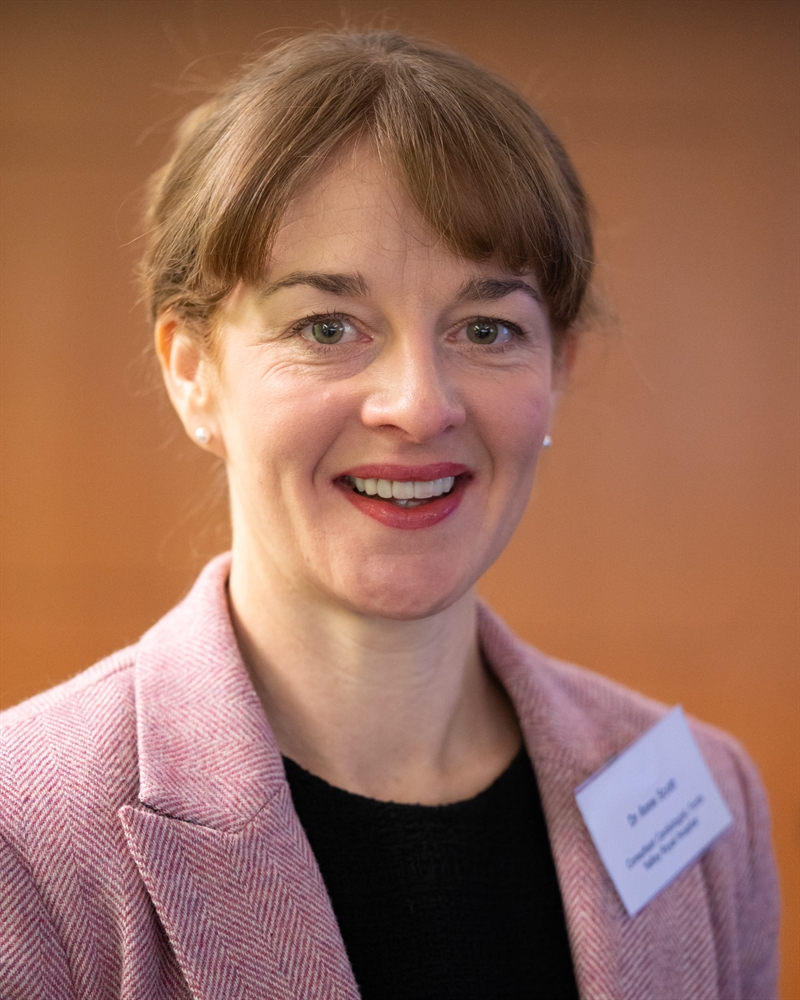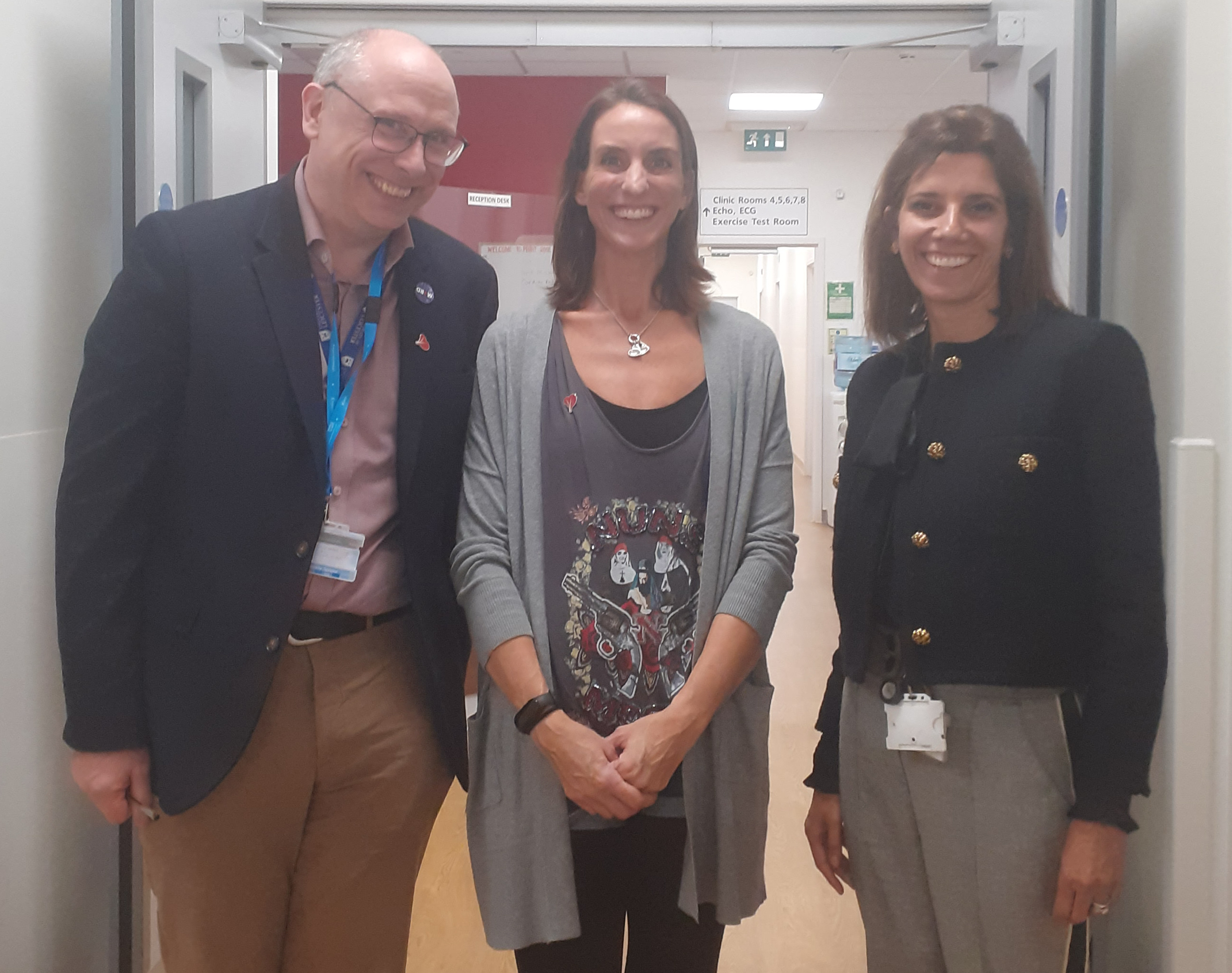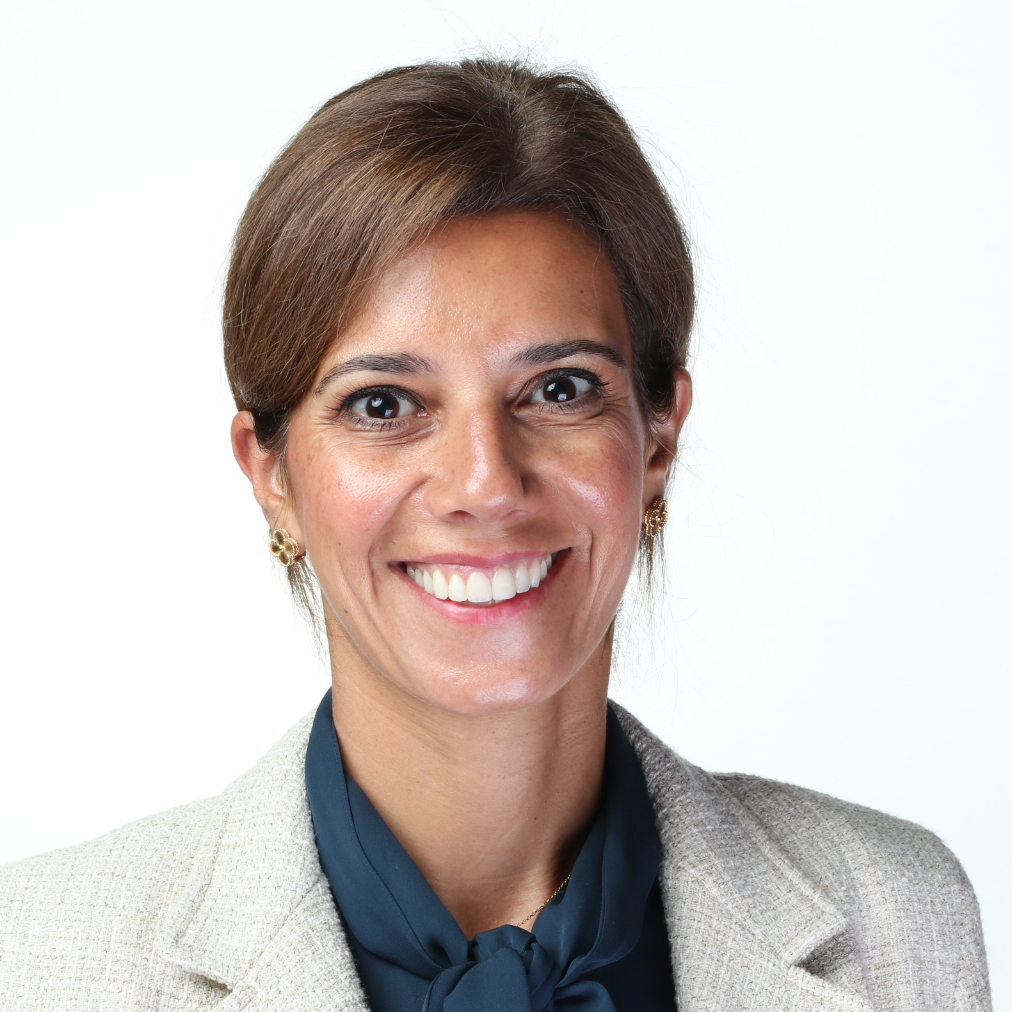At the recent Beat SCAD Conference UK lead SCAD researcher Dr David Adlam described how the SCAD clinic in Leicester will have seen more than 400 patients in 2023 and he suspects there are possibly four times that number across the UK, meaning that at least four SCADs probably occur in the UK every day. He went on to describe how more capacity is needed for SCAD clinical services and discussed the importance of these services being networked for research and educational purposes.
At the Conference it was announced that a funded pilot Scottish SCAD clinic has been established at Forth Valley Royal Hospital in Larbert, led by Dr Anne Scott and Dr Clare Murphy. This will be supported in person by Dr Adlam for at least the first 12 months. He will continue to support the team thereafter as part of a UK-wide SCAD multidisciplinary team. It is estimated that around 50 people a year in Scotland will experience a heart attack caused by SCAD, many of them younger women with no previous health issues.
Funding for the clinic was secured after awareness raising activities and lobbying carried out by Scottish SCAD patients including Mary Galbraith and Margaret Davis, going back as far as 2019 with the British Heart Foundation’s Bias in Biology group and beyond.
Dr Scott explained, “It takes six hours to travel from Central Scotland to Leicester, a journey many Scottish patients have, until now, had to do. For rural patients in Northern Scotland it can be double that, and for those on the islands, it can take more than a day, so it’s really important that Scottish patients have access to a SCAD clinic closer to home.”
She went on to thank Professor Lis Neubeck, Head of the Centre for Cardiovascular Health at Edinburgh Napier University, for being the driving force behind setting up the clinic. Professor Neubeck is an expert in cardiac rehabilitation and will be working with rehab teams across Scotland to support improvements in rehab services, informed by research carried out with patients who have suffered SCAD.
London clinic
In addition to the new Scottish service, a clinic has been launched at Hammersmith Hospital, run by Dr Rasha Al-Lamee. This clinic will also be supported in person by Dr Adlam for the first year.
Dr Rasha Al-Lamee said, “My interest in SCAD really started after looking after two inspiring patients who were referred to me with SCAD. I worked with David Adlam in managing their care and started to understand how much this is a clinical condition that is under-studied with a great deal of clinical need.”
Rebecca W was one of the first patients seen in the new Hammersmith SCAD clinic. She said “With SCAD still being a bit of a mystery to so many health professionals it was so reassuring to be seen by SCAD specialists. Their knowledge and understanding can really give you confidence in your ability to manage your SCAD. Travelling to London was an easier experience for me than going to Leicester – and will make treatment more accessible for countless other patients.”
There is already an existing SCAD clinic at the Chelsea & Westminster Hospital run by former SCAD Clinical Research Fellow, Dr Abtehale Al-Hussaini.
SCAD patients can access these new services, by sharing referral information with their doctor and asking them to follow the guidance shown.
Dr Adlam said, “SCAD remains a neglected condition both in terms of research and NHS care. We are working to develop an NHS clinical service which manages all aspects of SCAD. We sometimes say that the best care for SCAD includes heart, head, hormones and physical health. We are still a way off providing this but, with Beat SCAD, we are making progress and we will get there together.”
Beat SCAD Chair, Rebecca Breslin, said: “We welcome about 25-30 new members a month to an online support community for SCAD patients. Many of these patients are telling us how their SCADs were initially missed or mis-diagnosed. The more centres of excellence for SCAD clinical care there are, the better the health outcomes for SCAD patients will be.”



